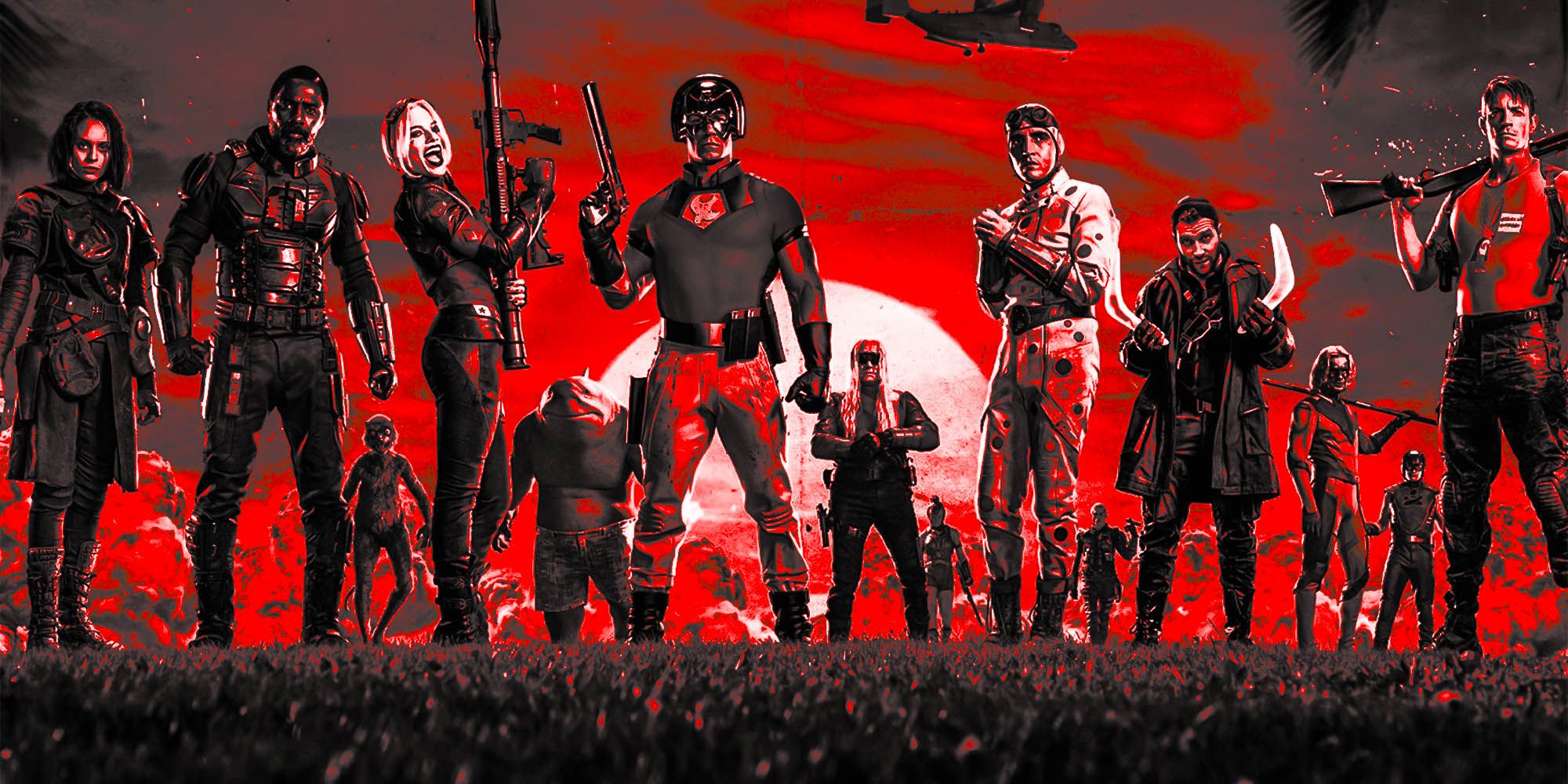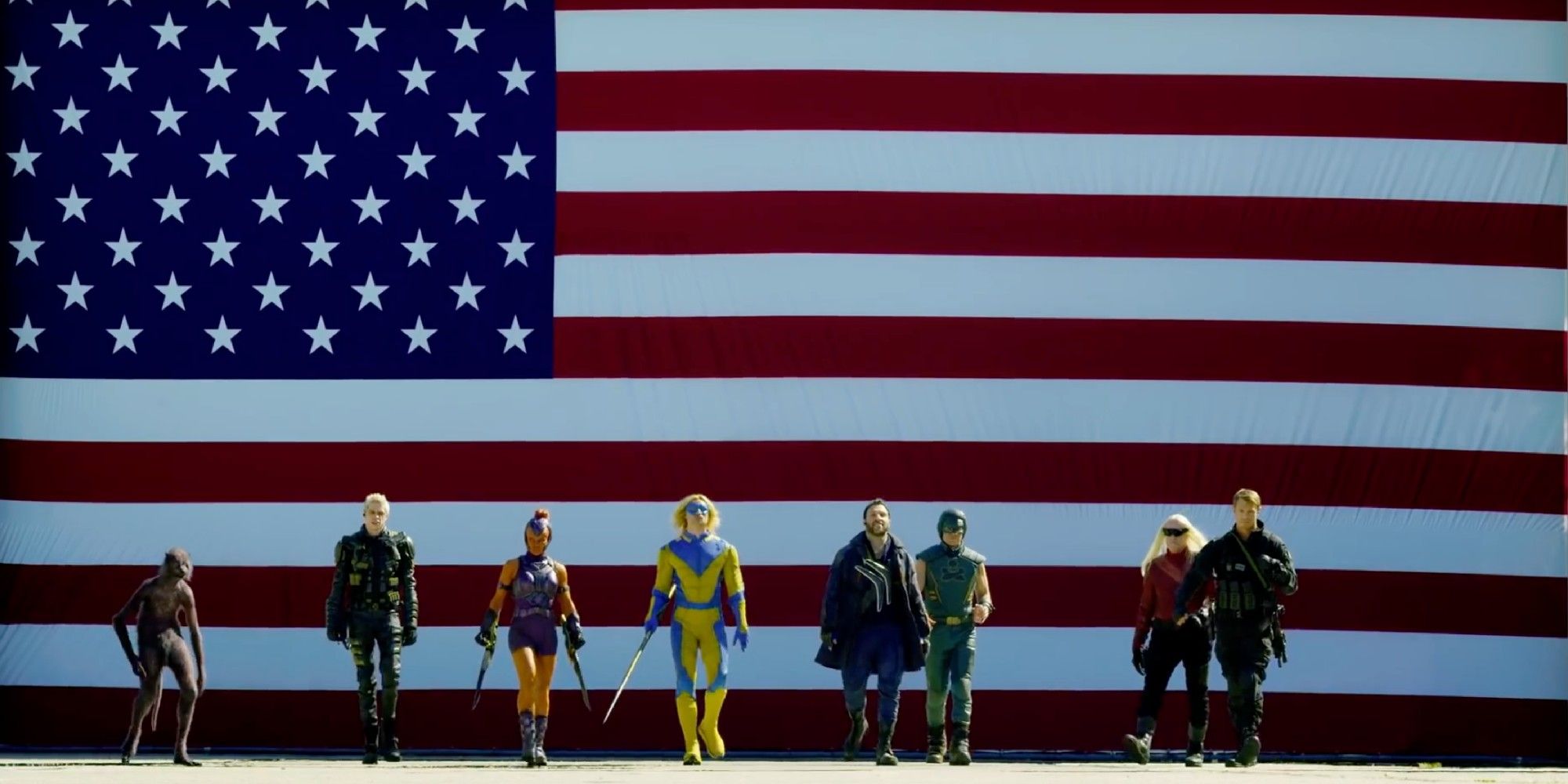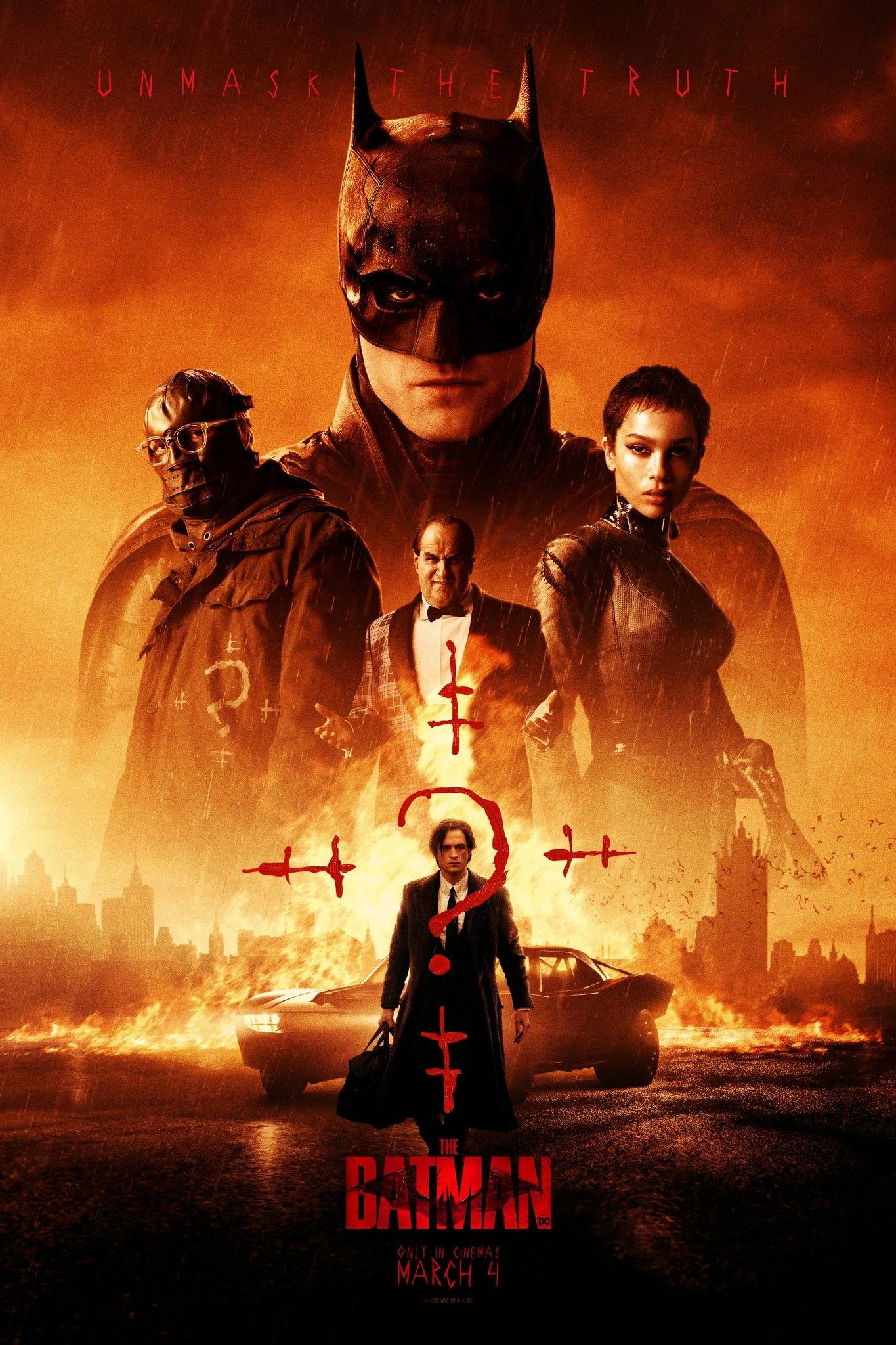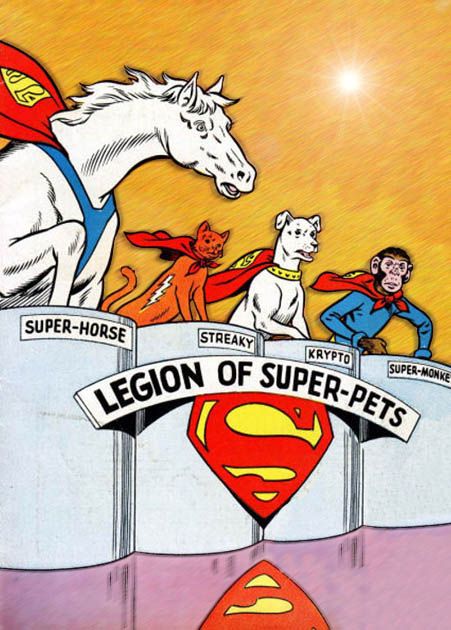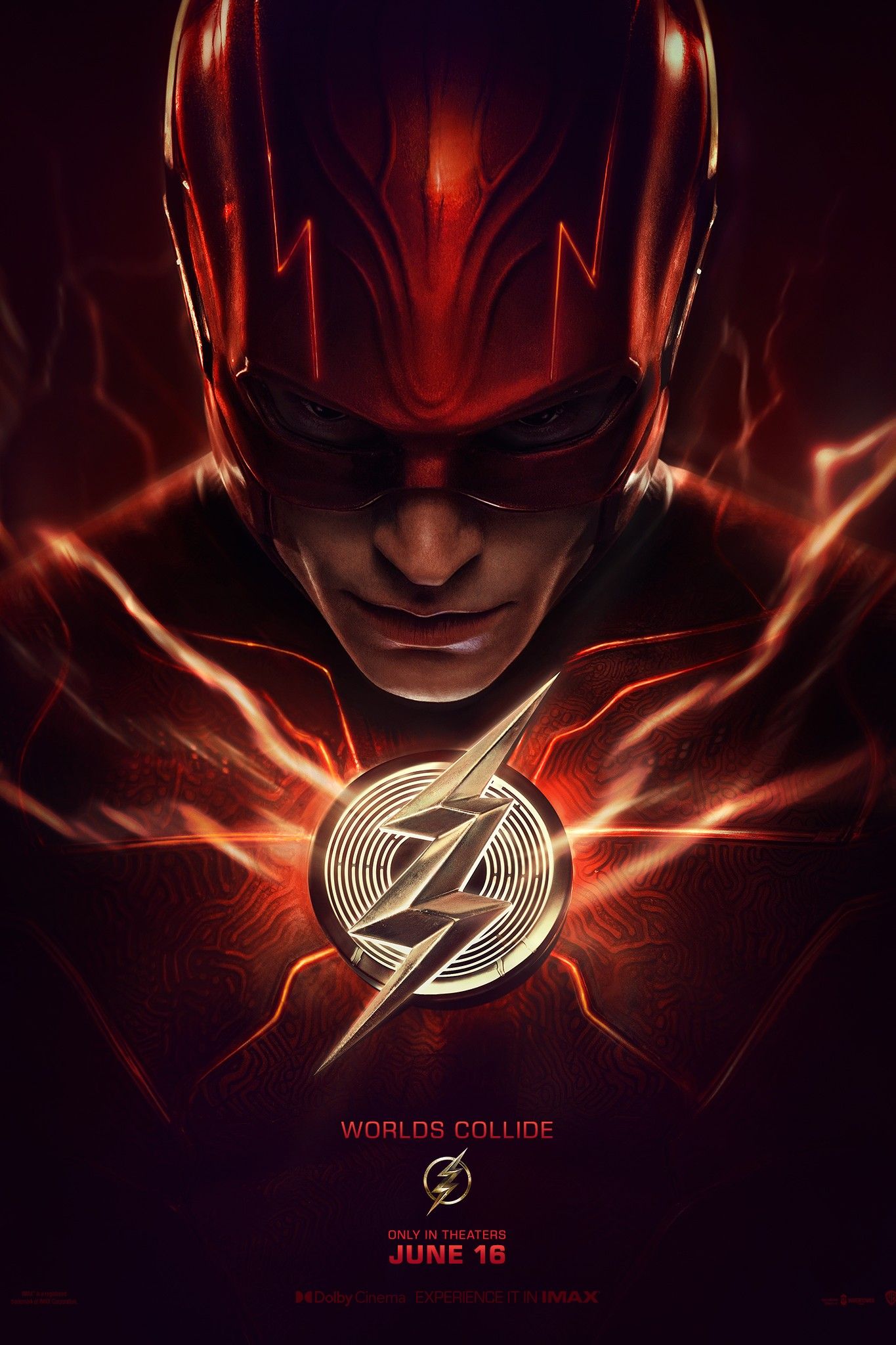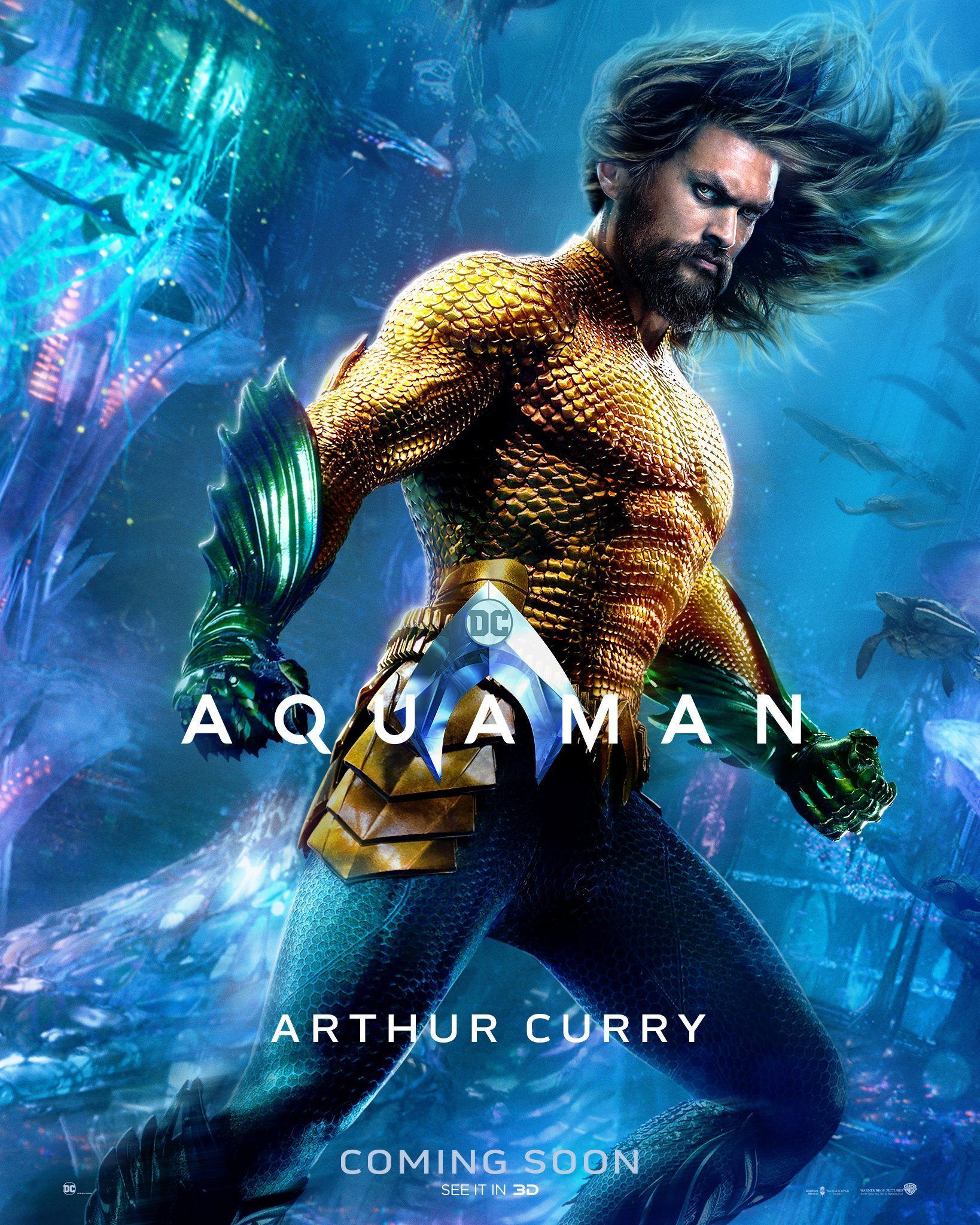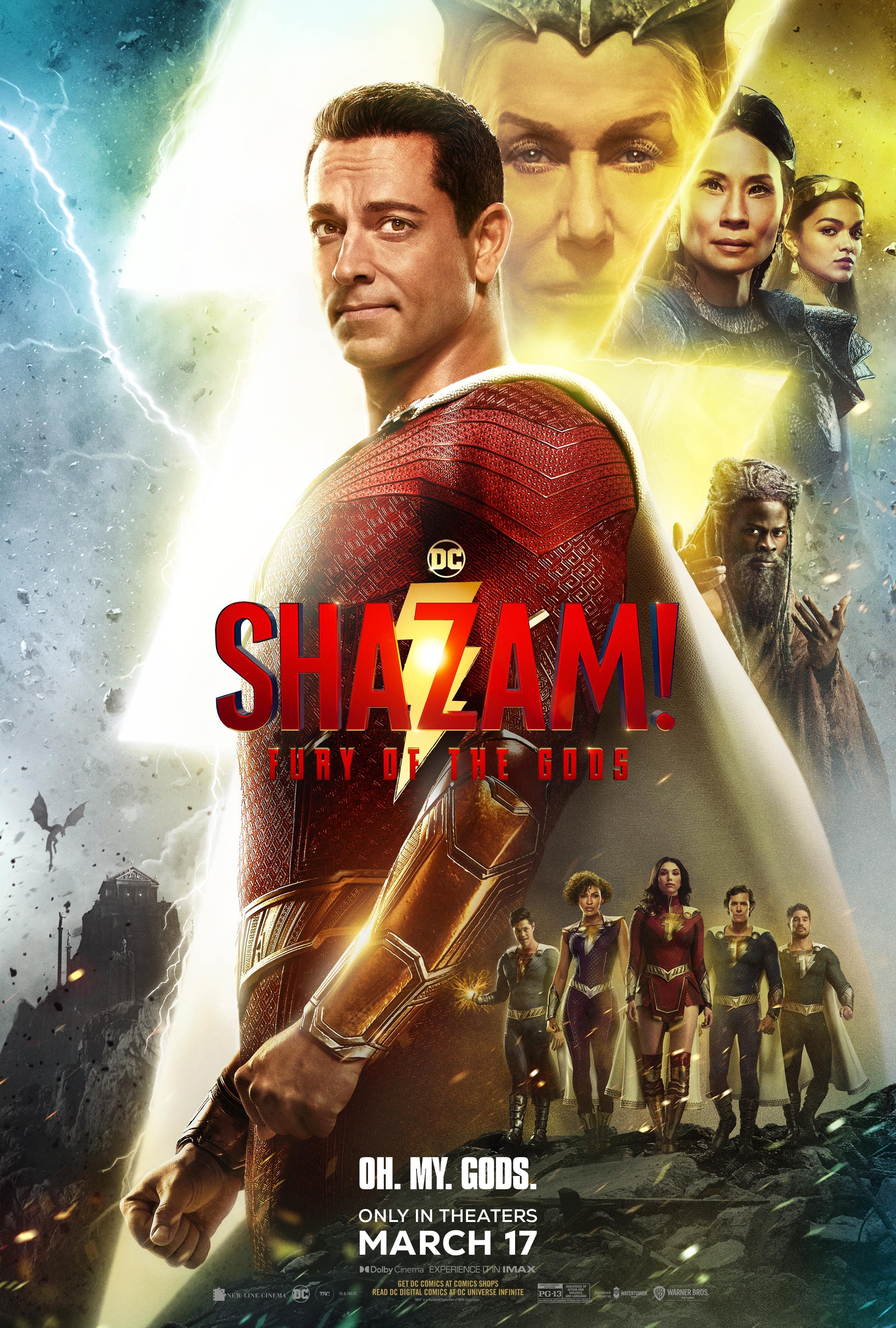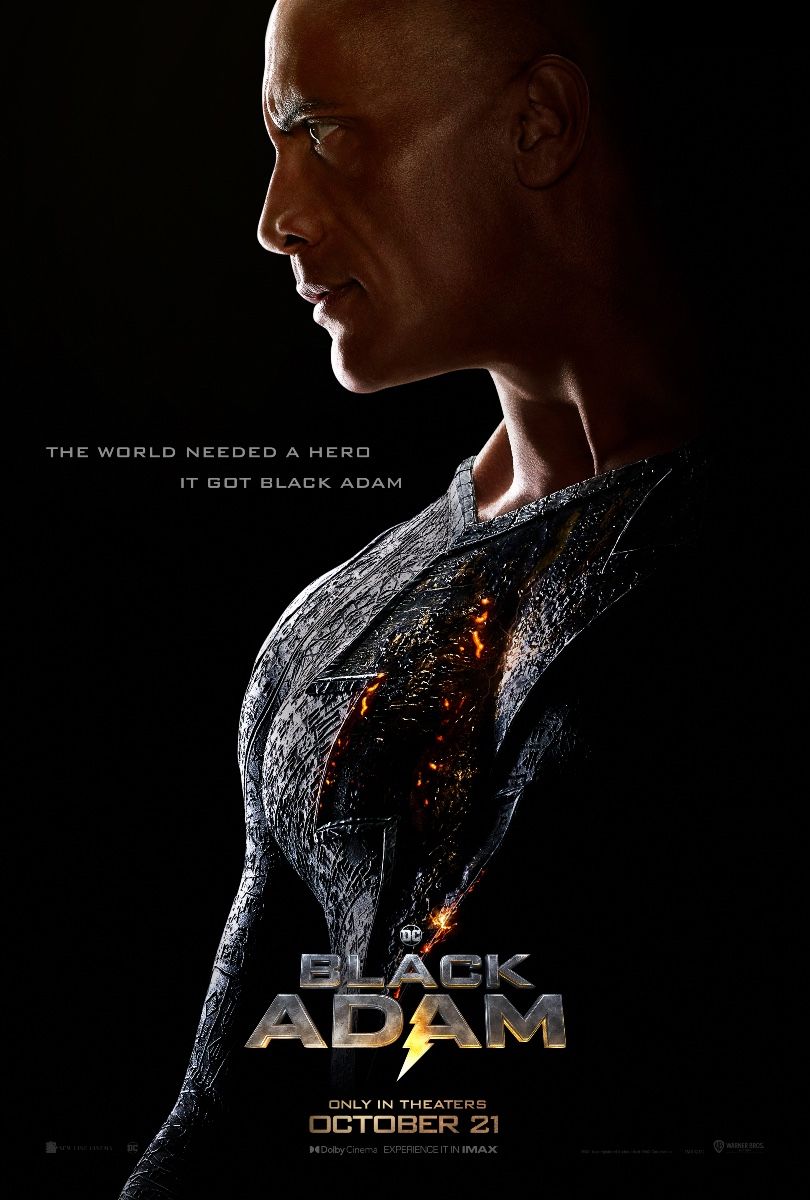The success of Task Force X’s latest outing means Suicide Squad 3 is a high probability, but the film must reverse James Gunn’s trick and keep characters alive for longer. Released to positive reviews, The Suicide Squad provided a considerably bloodier mission than David Ayer's decidedly tame 2016 version. Although The Suicide Squad is essentially a stand-alone film, several characters from the original return to connect the franchise.
In Gunn's sequel, Amanda Waller (Viola Davis) and Rick Flag (Joel Kinnaman) once again lead Task Force X, reuniting with Harley Quinn (Margot Robbie), fresh off her own solo DCEU adventure in Birds of Prey: And The Fantabulous Emancipation of One Harley Quinn. They are joined by a new band of strange but deadly criminals, ordered to infiltrate a secret laboratory in war-torn Corto Maltese and destroy evidence of the Project Starfish experiment. Gunn isn’t afraid to kill off numerous team members, somewhat limiting the potential for which characters could appear in Suicide Squad 3.
The Suicide Squad opens with a beach massacre, obliterating most of an alternate, more expendable team that Waller uses to provide a distraction for her main squad. Admittedly, this does deliver on the high body count that was lacking in 2016’s original, ill-received Suicide Squad, but Gunn’s shock tactic can really only work once. The director has expressed interest in helming Suicide Squad 3, but the potential sequel should spend more time establishing its characters in order to generate emotional investment before killing them.
Brutally killing a host of new characters provides a grisly, action-packed set-piece but repeating this tactic in Suicide Squad 3 would remove any element of surprise. Swift and shocking deaths for The Suicide Squad characters such as Savant (Michael Rooker) and Javelin (Flula Borg) immediately grabs attention, but also removes the opportunity to get to know any of these bizarre people, thereby greatly diminishing any emotional impact. While The Suicide Squad’s sudden deaths work to separate the film from its 2016 predecessor—wherein only two members of Task Force X died—in doing so, Gunn also undermines the characters. Boomerang’s (Jai Courtney) unceremonious death is one of the film’s most controversial examples of this. He was one of the better parts of Ayer’s film but is denied any chance to develop in The Suicide Squad.
If Suicide Squad 3 doesn't reverse Gunn's approach and keep its characters alive for longer, it will be difficult to become invested in Task Force X, especially if it's easy to predict who won't survive early on. DC is now embracing its weirder heroes and villains with the acclaimed Doom Patrol and upcoming Peacemaker spinoff, proving there is a place for lesser-known and ridiculous characters to shine within the DCEU. Suicide Squad was criticized for not taking full advantage of its premise. Ayer's Task Force X also didn't interact with each other enough in the theatrical version, but his decision to spare most of the squad’s lives, including Diablo (Jay Hernandez) in his director's cut, arguably subverted expectations. It reinforced his narrative of society's rejects, perceived as being worthless, banding together to prove they have value. Gunn doesn't give his outcasts a chance.
James Gunn’s The Suicide Squad ends the David Ayer era, but the franchise shouldn’t entirely ignore its predecessor’s attitude. Suicide Squad 3 must spend more time fleshing out Task Force X’s various personalities for viewers to care about their fates for more than a few minutes at a time—perhaps lessoning its reliance on mainstays like Harley Quinn. Immediately slaughtering characters conveys the opposite message. The potential sequel should combine Gunn’s morbid, violent sensibilities with the twisted family dynamic Ayer envisioned.

